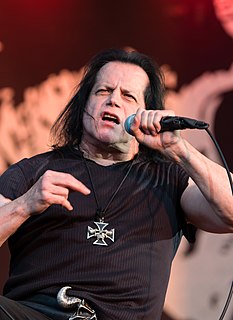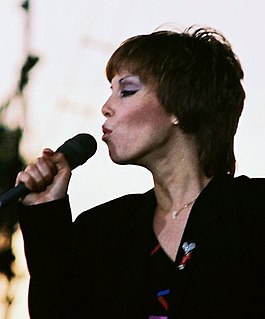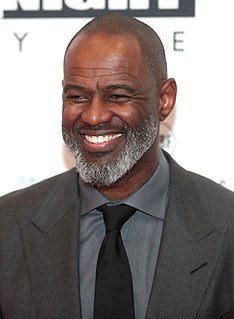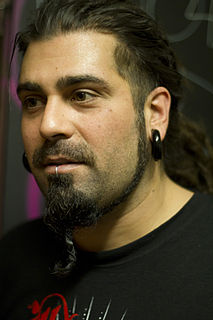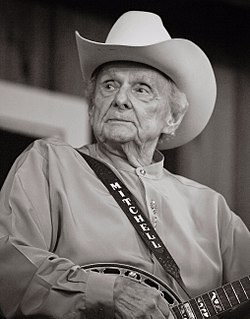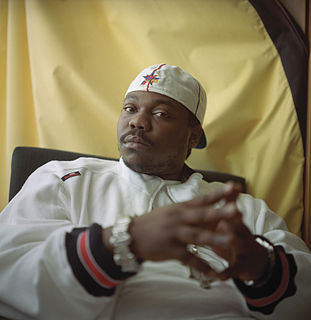A Quote by Glenn Danzig
Al Gore wanted to tell people what they could listen to and what they couldn't, what they could record. It was basically coming down to the idea that he wouldn't let anybody record any music that he didn't think you should be doing. There was going to be an organization that would tell you what you could and couldn't record.
Related Quotes
At 13 years old, I realized I could start my own band. I could write my own song, I could record my own record. I could start my own label. I could release my own record. I could book my own shows. I could write and publish my own fanzine. I could silk-screen my own T-shirt. I could do this all myself.
I wanted to make a record with a twist. I wanted to prove that you could make a record that concentrated on song craft but that was still fun, something you could listen to and love and even dance to, but not hate yourself in the morning. I think I did that. Most of my lyrics come from my own personal journals that I have kept over the years.
You sometimes get the feeling that people think getting back together after a hiatus to write and record a record is work, you know, arduous and unpleasant. Being able to write and record - that's a privilege. I don't forget the long days I spent working in a restaurant, when I wanted to be done so I could go home and work on a song.
Well, I don't let anyone record with me that is not a fan of mine or believe in my music. Everybody that records for me, from Bob Dylan on down to George Jones, everybody loves me and my music, and I knew they would do their best that they could do, and they did. I didn't doubt them a bit. There's some country people that I wouldn't want, which didn't record with me.
That was an idea of the record company, and also that was my first album after MCA and we wanted to come back with a strong album that would be noticed. If we put the vocals by very talented people and very meaningful songs, then the vocals would be a platform so that I could be noticed again. All of the MCA albums were just loaded with problems -- you know, the right musicians, the engineers. The record company would say 'You have to make music for black radio, you can't do what you have been doing with The Crusaders.' Everybody was telling me that was over, finished, done.
